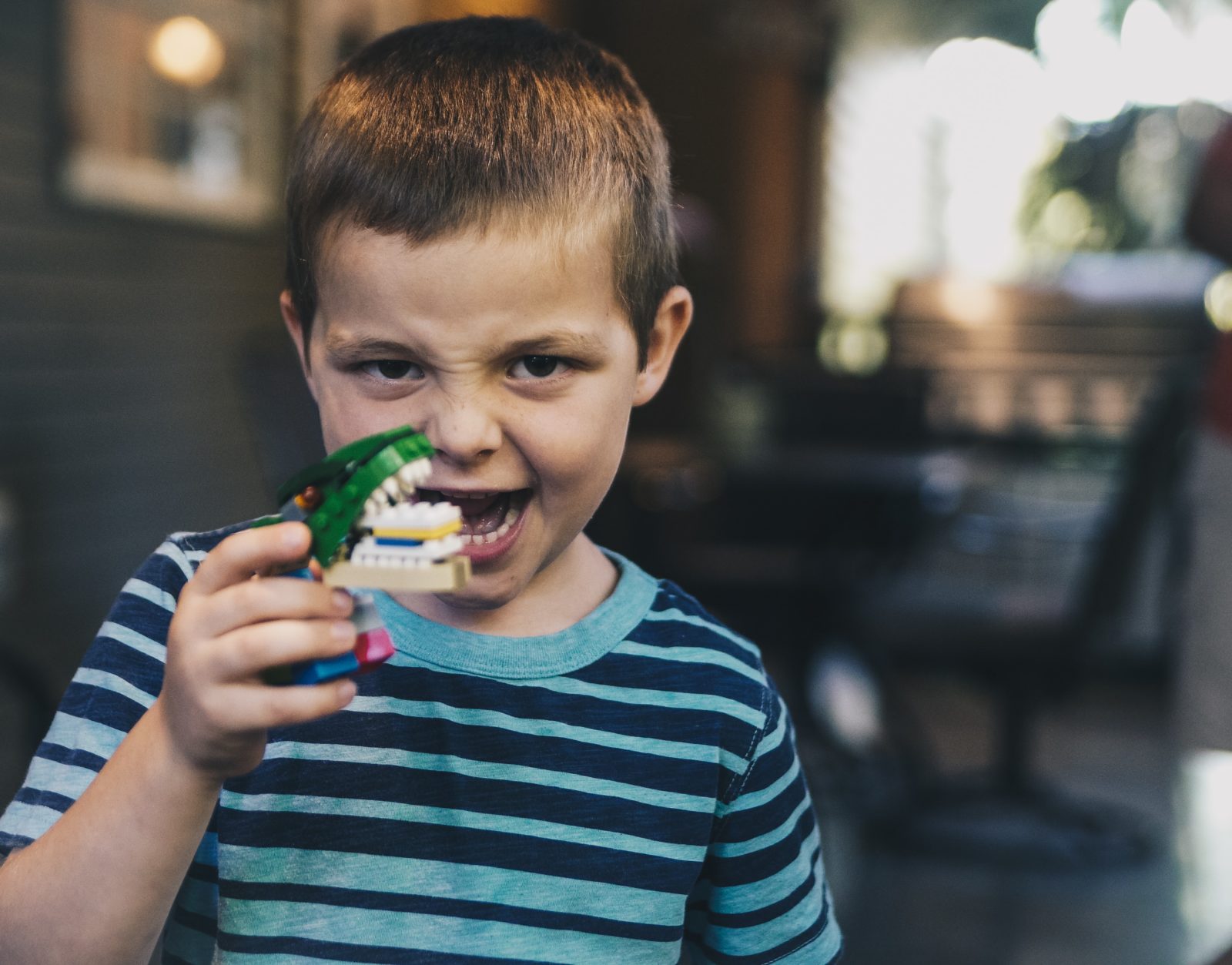ALL behavior has a purpose. It is your child’s way of communicating to you their needs and desires. It’s great when that behavior takes a positive form. However, what about misbehavior? What is your child telling you then?
We’ve heard the statements, “I hate you!” or I wish you weren’t my parent!”, often followed by a slamming door. These are statements made from a goal of revenge. The child feels that someone hurt them. Consequently, to keep themselves safe, they push others away. Leaving adults and others feeling hurt and either wanting to retaliate or withdrawing from connection. They believe that the way people relate to one another is by being hurtful or aggressive, so that is the way they interact with others.
When a child’s goal of misbehavior is revenge, they want to protect themselves. Needing to ensure no one gets close to them, they engage in active behaviors to hurt others. For example, stealing, aggression, bullying, or being malicious. Passively, they are moody, pout, threaten, and withdraw. When corrected or confronted about their behavior, these types of kids escalate the desire to hurt others and push them away.
In an effort to shift the goal of revenge, as adults you need to:
- Not take anything personally- Their need to hurt others is not about you.
- Be scrupulously fair
- Reflect feelings
- Make a list of positives about the child to reground yourself in caring about the child
- Offer the child chances to help others
- Involve the child in problem-solving
- Never retaliate or escalate
- Practice empathic listening—listen without interrupt and judgment
- Affirm children even when they are misbehaving by giving them feedback that, while you do not like their behavior, you love and value them as people. For example, you could say, “I don’t like what you said to me, and I love you.”
- Spend 10 minutes with your children doing activities they choose every day.
- Avoid punishments that can be perceived as hurtful or you getting back at them.
- Watch out when you set up consequences that your tone of voice is calm, even, and controlled.
- Apologize when you have done something wrong.
Activities you can do with your child whose goal of misbehavior is revenge:
- Act like mirrors, taking turns with one of you leading and the other copying the movements of the leader.
- Rub lotion on one another’s hands while making eye contact and smiling at one another.
- Sprinkle powder on one another’s hands and trace and count the lines on the palm.
- Paint one another’s nails.
- Tell a shared story, alternating words, sentences, and/or parts of the story.
- Make an affirmation box or jar, with pieces of paper listing ways they do count.
- Watch television shows together that model positive relationships.
- Tell children stories in which they are the hero or positive role model.
- Teach self-soothing techniques like taking deep breaths, blowing bubbles, rocking, stretching, making horse lips, etc.
Children’s Books for Children Whose Goal of Misbehavior is Revenge:
Revenge by Chaim Gold
The Grouches by Debbie Wagenbach
Greta’s Revenge by Steven J. Simmons
Horrid Henry’s Revenge by Francesca Simon
Blossom’s Revenge: The Cats of Cuckoo Square by Adele Geras
Bootisie Barker Bites by Barbara Bottner
Llama Llama Time to Share by Anna Dewdney
Stand in My Shoes by Bob Sornson
Resources for Parents/Guardians to Help Deal with Children Whose Goal of Misbehavior is Revenge:
Positive Discipline Parenting Tools: 52 Cards to Improve Your Parenting Skills (Nelson & Garsia, 2011) **
No-Drama Discipline (Siegel & Bryson, 2014)
The Pocket Coach for Parents (Feigel, 2007)
The Whole-Brain Child: 12 Revolutionary Strategies to Nurture Your Child’s Developing Mind (Siegel & Bryson, 2012)
Honey, I Wrecked the Kids: When Yelling, Screaming, Threats, Bribes, Time-outs, Sticker Charts and Removing Privileges All Don’t Work (Schafer, 2009)
Ain’t Misbehaving: Tactics for Tantrums, Meltdowns, Bedtime, Blues, and Other Perfectly Normal Kid Behavior (Schafer, 2011)
Parenting from the Inside Out (Siegel & Hartzell, 2013)
www.cornerstonesforparents.com
**also available as an app
The most important thing you can do for these kiddos is to provide them unconditional love. I understand this may be easier said than done AND it is essential to shift the goal of misbehavior.

